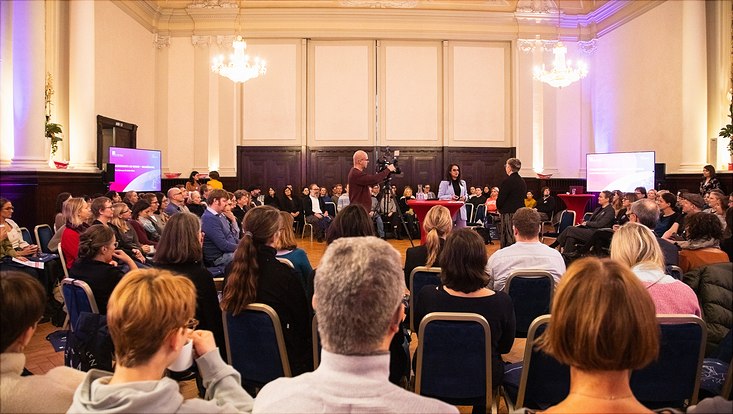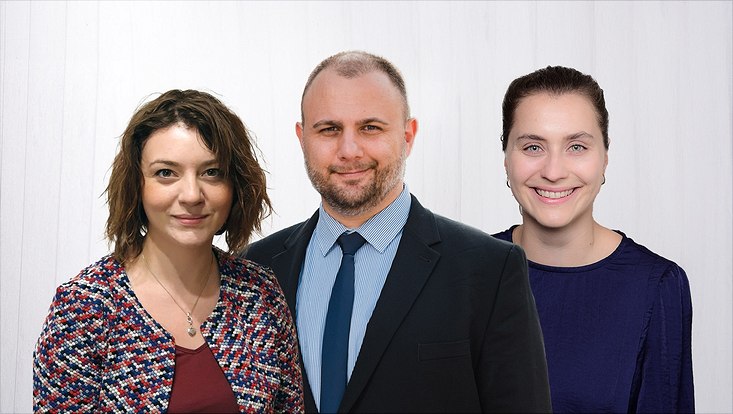Unique in EuropeNew Center for Ancient Law at Universität Hamburg
28 October 2022, by Christina Krätzig
The Center for the Interdisciplinary Study of Ancient Law, run by the Faculty of Law at Universität Hamburg, was founded on 28 October 2022. Researchers in various subject areas want to take a closer comparative and interdisciplinary look at Roman, Greek, and Jewish law.
Roman law is not an exotic specialty at European and northern European law schools—it’s par for the course. Why? “German private law especially remains based on the ancient Roman system of law, which began in Rome and became applicable for the entire Roman Empire,” says Matthias Armgardt, co-founder of the Center for the Interdisciplinary Study of Ancient Law (CISAL), one of 5 nucleus professors at Universität Hamburg.
Armgardt founded CISAL jointly with expert for ancient history Prof. Dr. Werner Rieß, who specializes in, among other things, Athenian law in sociocultural context, and Prof. Dr. Kaja Harter-Uibopuu, expert for ancient inscriptions and Greek and Roman law in the provinces. He contributes his somewhat unusual expertise: in addition to his knowledge of Roman law, which was crucial to the development of modern European legal thought, he is also an expert on Jewish law. In Germany, there are hardly any researchers who specialize in Jewish law and in all of Europe there is not a single institution devoted to the comparative study of Roman, Greek, and Jewish law.
Similar questions, different answers
“The problems that arise when humans live together are astoundingly similar throughout the ages,” says Prof. Harter-Uibopuu about her interest in ancient law. In addition to ancient history, the co-spokesperson of the Hamburg Cluster of Excellence Understanding Written Artefacts also studied law and before she switched to Universität Hamburg, she led the commission for ancient law at the Austrian Academy of Sciences. “For example, people want to know what to do if they get ripped off in business, how to end a marriage, or which descendants get what after you die. Different legal systems provide different answers to such matters, and that can enrich our view of things today.”
In addition to their joint work on ancient sources, the researchers also plan joint activities and events. The public lecture series on new research on ancient law has already started. There will be 10 more lectures through 24 January, for example on fighting corruption in Athenian democracy (29 November 2022) or on the Roman legacy to European private law (on 24 January 2023).
In the medium term, CISAL is planning to invite visiting professors and to cooperate with researchers in other academic disciplines, including theologists, orientalists, and philosophers. Two experts on ancient Chinese law have already been in contact.





